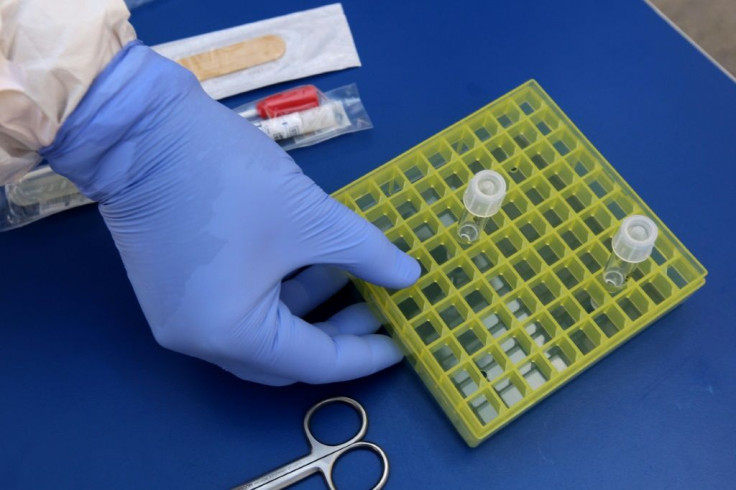COVID-19 Diagnosis: New Test Detects Viral DNA Quickly And Accurately
Millions of individuals worldwide who have been tested for COVID-19 using a kit that relies on the polymerase chain reaction (PCR). It is a sensitive method that amplified the tiny amounts of the COVID-19-causing virus from swabs taken from people. But, with the surge in the pandemic situation, researchers have developed a new potentially more accurate test based on plasmonic photothermal sensing.
While health experts recommend an expansion of testing to control the spread of the disease, several countries including the U.S. still lags behind due to limited supplies of reagents, PCR machines and laboratory personnel. Moreover, several false-negative and false-positive results have also been reported. Other diagnostic tests, including CT scans and culturing, cannot provide results quickly or in real-time.
“Regarding the SARS-CoV-2, the laboratory-confirmed COVID-19 cases have already been more than 90 times higher than the total confirmed cases of SARS and MERS. There is no doubt that fast and accurate identification of a novel virus can greatly contribute to the control of an emerging pandemic” said Guangyu Qiu et al.
The new test is based on a technique called localized surface Plasmon resonance that can detect interactions between molecules on the surface of a constructed metallic nanostructure. The researchers designed DNA probes that recognized specific sequences of SARS-CoV-2 RNA sequences and attached them to nanoparticles made of gold. And when adding pieces of the virus’s genome, they found that the RNA particles attached to the complementary probes the way a zipper gets closed.
“Based on the clinical specimens collected from 82 infected individuals, the overall viral load soon after onset was higher than 1 × 106 copies/mL. This indicated that our proposed dual-functional LSPR system has the potential for direct analysis of SARS-CoV-2 sequences in respiratory samples,” said the researchers.
A laser was used to heat up the nanoparticles which helps reduce all false-positive results. Although this new method of testing still requires to be tested on intact viral RNA from an infected patient, the research team believes that it could help relieve the pressure on PCR-based tests.
“Under the outbreak background of COVID-19, this proposed dual-functional LSPR biosensor can provide a reliable and easy-to-implement diagnosis platform to improve the diagnostic accuracy in clinical tests and relieve the pressure on PCR-based tests,” concluded the research team.

© Copyright IBTimes 2024. All rights reserved.






















